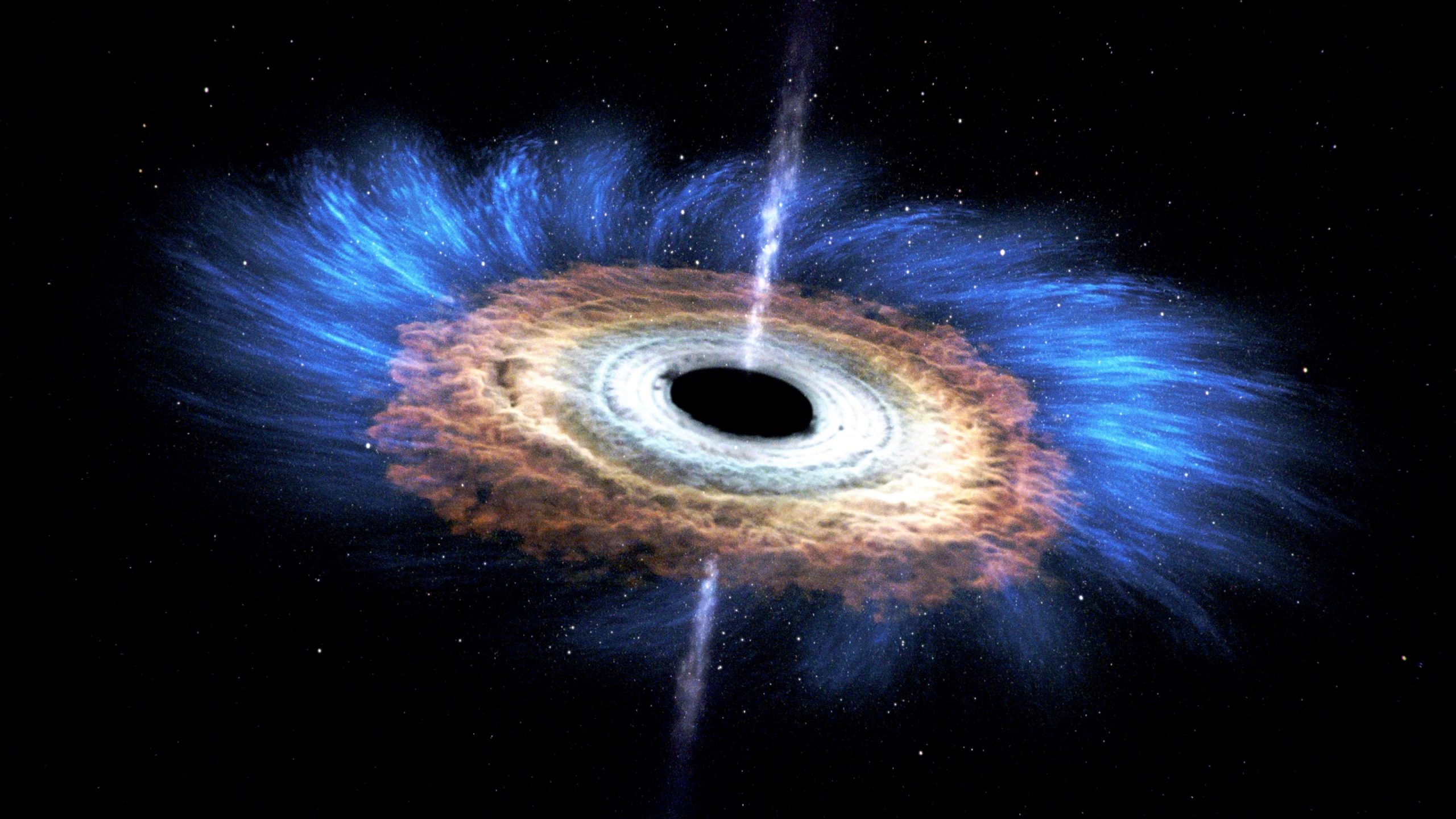Dadoalex
Gold Member
- Jan 11, 2021
- 14,875
- 6,307
- 208
- Banned
- #1
Something rolling around in my mind.
"As the velocity of a body approaches c the relative mass also approaches infinity "
So let's assume we have a vehicle that can withstand the dangers of space and it's using something akin to a ram-scoop engine so has unlimited fuel.
As the ship approaches C, it can go no faster so the energy is turned into mass, more and more mass as it consumes more and more fuel.
This is described in a book called Tau Zero
With our ship gaining more and more mass with each passing second a question arises...
Would not the ship, at some point, collapse into a black hole?
"As the velocity of a body approaches c the relative mass also approaches infinity "
So let's assume we have a vehicle that can withstand the dangers of space and it's using something akin to a ram-scoop engine so has unlimited fuel.
As the ship approaches C, it can go no faster so the energy is turned into mass, more and more mass as it consumes more and more fuel.
This is described in a book called Tau Zero
With our ship gaining more and more mass with each passing second a question arises...
Would not the ship, at some point, collapse into a black hole?


